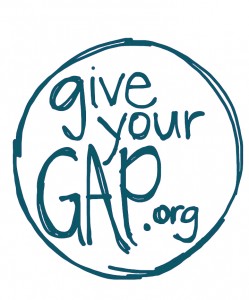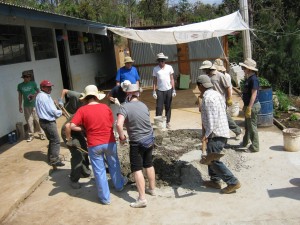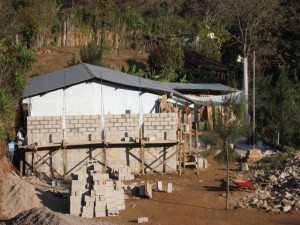 Name: Harrison Gill
Name: Harrison Gill
School: University of California, San Diego
Type of Work: Education, Infrastructure
Region: Central America
Length of stay: Less than one month
Tell us about the organization you work for and what you do for them.
I volunteered with the American Jewish World Service through their Alternative Spring Break program during my freshman year with several other students at my university back over spring break 2010. We helped provide support to OPCION/Aj Ticonel and the local community of San Antonio, Chimaltenango, Guatemala by helping with the local school renovations. The school had been so successful that they were doubling the size. We spent most of our weekdays working on the school, playing with the kids, building and painting furniture, or leveling the driveway. Every night we did a text study of various academic sources and religious opinions, which offered us the ability to apply a critical lens to what we were doing by volunteering in Guatemala and how that affected the community. Our weekend was spent walking through the town and over to the next town and getting to know the community. AJWS also requires a follow-up program upon return to the United States to increase awareness for which I made one presentation and also led a dinner table discussion.
Share a favorite memory.
Hearing the stories of the locals was the best thing about this experience. San Antonio was heavily affected by the Guatemalan civil war and almost half the community was killed or severely wounded as a result of the conflict, which the United States was largely implicit in. We had the opportunity to walk about the community as well as over to a neighboring village to see what the living conditions were like. We also got to play games, such as soccer or frisbee, with the kids during recess or when they happened to be around the school.
What have you learned from your experience? How has it affected your long-term goals?
The experience made me realize how much more interconnected the world really is than we might think. It is clear from the community how much what occurs in the United States and other highly developed countries affects rural developing countries. Since my return I have been compelled to increase my understanding of the region as well as work to increase awareness of pressing development issues through various organizations I participate in. Most of all, I have continued to volunteer wherever I might be.
What is the most challenging part of your job?
Living conditions were challenging at times. When one goes to volunteer in a community like San Antonio, you give up things like beds, hot water, and automatic toilets that you are probably accustomed to back home. What you get in return however is some awesome home hospitality and great locally cooked meals.
Do you have any advice for prospective gappers?
Go for it. If you are truly committed, you can do it. If you need help convincing your parents (and yourself) on the other hand, do some research on your program provider and look into things like how many staff members they provide on the ground, ground transportation, and any medical certifications staff might have. My dad was very concerned about me going, but after I assured him of the services AJWS provides, he was more than happy.


